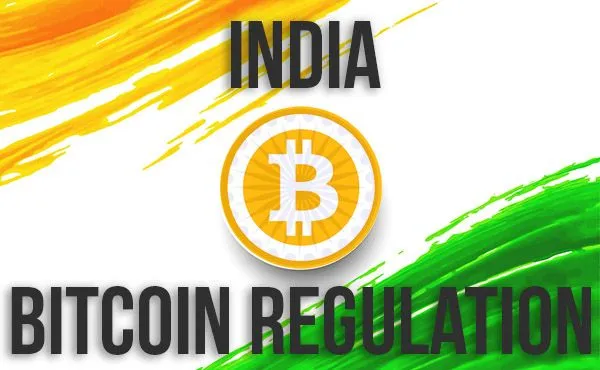
Indian Financial Regulators Encourage Gov’t to Stop Bitcoin Use, Will it Work?
Earlier this year, many publications including Bitconnect reported that it is highly likely the Indian government will regulate the bitcoin exchange market and legalize the digital currency within the region. Yet, a panel formed by the Indian finance ministry has encouraged the government to stop or prevent the usage of digital currencies including bitcoin.
“[The panel] has recommended the government to take immediate steps to stop use of VCs [virtual currencies] such as bitcoins to protect people from potential frauds and curb money laundering,” reported the Financial Express.
Despite optimism surrounding the likelihood of the Indian government regulating bitcoin in the upcoming months, the recommendation of the panel formed by the Indian finance ministry has put bitcoin legalization on hold, at least for now.
However, the Indian finance ministry and its panel have failed to provide clear reasons as to why the government should prevent the usage of bitcoin. In its report, the panel claimed that it is important to prevent digital currency usage in order to prevent potential frauds and money laundering. Yet, cash is overwhelmingly the most widely utilized financial instrument of criminals, both online and offline.
More to that, the big three bitcoin exchanges within the already large Indian bitcoin exchange market that include Unocoin, Coinsecure and Zebpay, have strict Know Your Customer (KYC) and Anti-Money Laundering (AML) systems in place that are in compliance with both Indian and overseas financial regulations.
In fact, the advanced and rigid KYC and AML systems of the abovementioned bitcoin exchanges allowed the Bank of Maharashtra (BoM) to recover tens of millions of dollars in funds lost during a security breach. A group of hackers that targeted the Unified Payments Interface (UPI) app of BoM stole large sums of money and purchased bitcoin through bitcoin exchanges as an attempt to launder the stolen funds.
Upon the request of local law enforcement, leading bitcoin exchanges including Zebpay were able to help officials and investigators to trace down the identities behind the hackers that breached into the systems of BoM and recover funds of the bank.
“Virtual currencies are legal in several countries, including Japan. Users can only do transactions on Zebpay after submitting KYC documents. All purchase and sale happen strictly via bank accounts only and no cash. Hence, all transactions are recorded and easily identifiable. All these users were easily identified and we are helping the local agency to recover the funds,” Bitcoin advocate Abhijeet Bidkar, representing Zeb IT Services (Zebpay), said at the time.
In consideration of the statement of Bidkar and the strict industry-wide KYC and AML standard incorporated by local bitcoin exchanges, the prevention of fraud and money laundering is not a valid reason for the Indian government to reject the regulation of bitcoin and legalizing the digital currency sector.